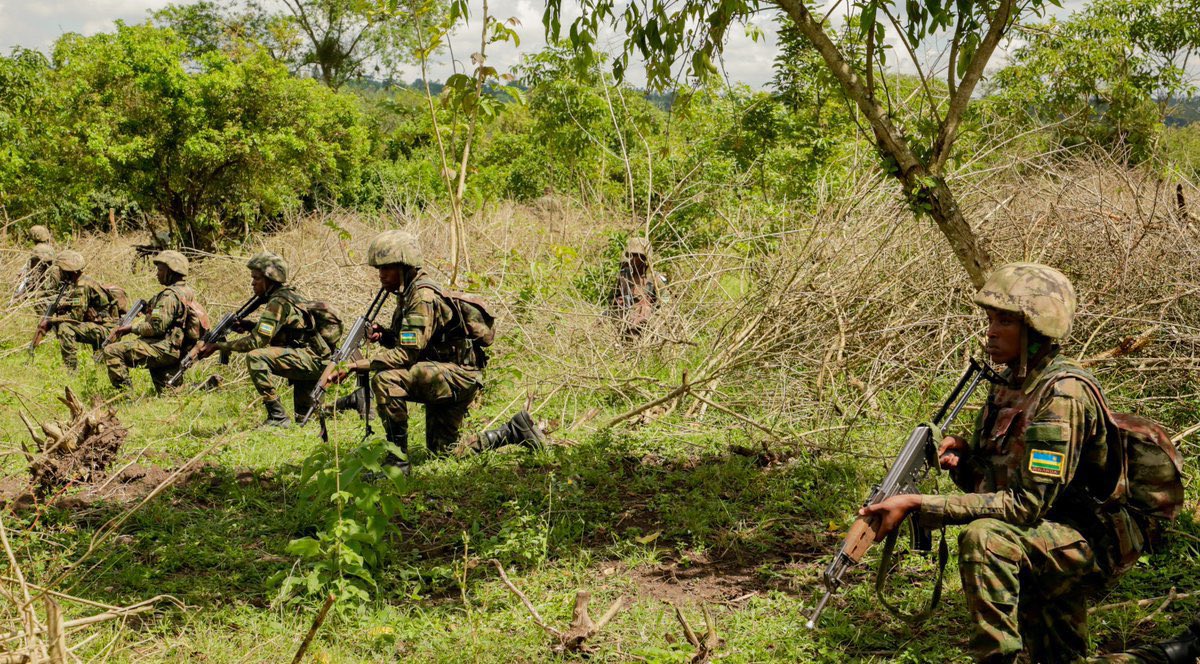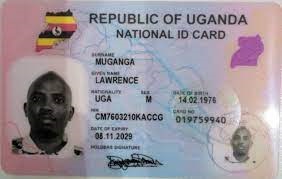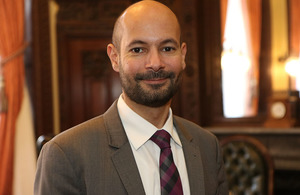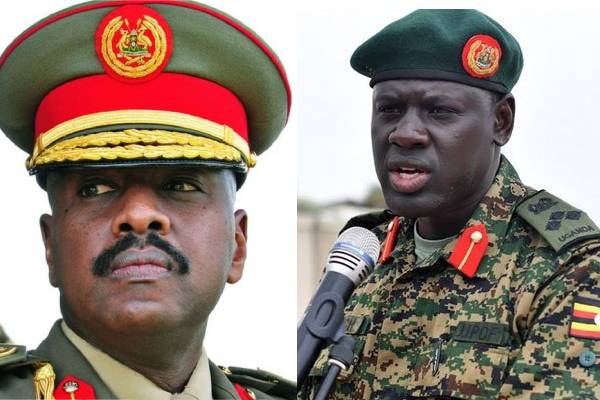Regional
Rwanda Uganda ties: Of a closed border, and Museveni’s lies
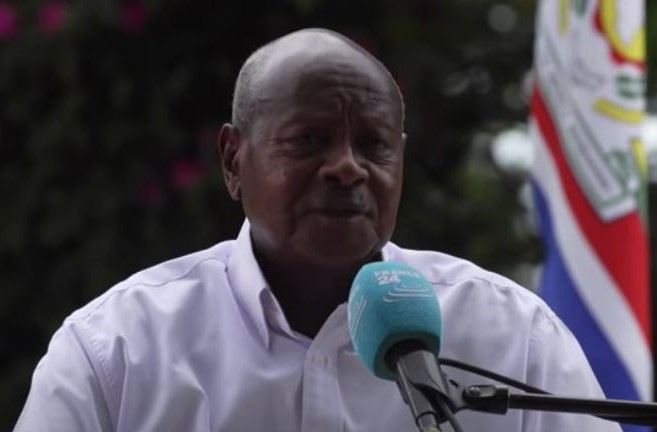
Ugandan
President Yoweri Museveni’s distinctive lies against Rwanda are not a new
pattern. The loads of denial and lies during his recent interview with France24
came as no surprise, once again. For him, it was another platform to let off a
litany of unfounded allegations targeting Rwanda.
It’s
been slightly more than four years now since relations between Uganda and
Rwanda took the wrong turn. What underpins this unfortunate turn of events is
the deceitful character of Uganda’s leadership, mainly Museveni, towards Rwanda
and its leadership.
The
reason behind his attitude is his hegemonic tendencies. Those who follow
politics in the great lakes region closely trace the distaste of Museveni and
his cronies against Rwanda to the late 1990s when the latter was emerging from
one of the worst humanitarian catastrophes of the 20thcentury – the 1994
genocide against the Tutsi.
For
so long, Museveni felt entitled to oversight over Rwanda, believing that he helped its leadership to get power in
1994 – yet Museveni rode on the backs of Rwandans to power in 1986. It is a
long story but it took the boldness of Rwanda's leadership to call out Museveni
and his bullying tendencies.
Rwanda’s
warning to Uganda was a serious ‘kick in the teeth’ for Museveni who initially
thought he was going to impose himself as the de facto ruler of the liberated
Rwanda. After he was called out, his
clear agenda for the past two decades was to cause regime change in Rwanda.
This is something he cannot succeed, during his lifetime, for obvious
reasons.
Asked,
during the interview last week, about the alleged espionage carried out by
Rwanda against Uganda’s high ranking officials, Museveni said that while he had
seen the reports in the news, he did not pay much attention to them.
He
failed to find a better way to tackle this question and ended up showcasing his
two-faced personality. He instantly forgot that hundreds of Rwandans have been
arrested and tortured in Uganda over alleged espionage charges and that, last
week alone, many Rwandans were dumped at the border after spending months in
Ugandan torture chambers on charges of espionage.
For
the more than 2,000 Rwandans – many of them farmers and casual labourers –
arrested in Uganda over alleged espionage, none has ever been processed before
courts of law.
If
Museveni really had not paid much attention to the fabricated reports of
espionage by Rwanda, we wouldn’t be seeing hundreds of Rwandans being
incarcerated in Uganda’s CMI torture chambers without due process. This
attitude by Museveni only suggests two things. First is a President who is
disconnected from reality in his country - which validates the increasing
anarchy in Uganda.
Second,
and most probable, is that Museveni consciously misled the journalist because
he is fully appraised of the gruesome torture of Rwandans by his security
forces.
Closed border not the problem. On the question
put to him about the common border that remains closed, Museveni tried to play
smart by deflecting. “Go and ask the one who closed the border. I am not the
one who closed it. We had discussions with mediation of Angola, but I have not
seen the border being opened.”
This statement is purely a baseless declaration that purposely pays no attention to facts. By saying so, Museveni is certainly wasting his time and unfortunately that of innocent Ugandans who continue to suffer from the border closure.
Uganda
and Rwanda have more than two main borders in common, Gatuna and Kagitumba. At
the very beginning of Uganda’s hostility to Rwandan nationals, the Gatuna
border which happens to be the most used for cargo and humans was under
renovation. There was construction going on and a temporary closure of the
border was communicated to all users and alternatively, the Kagitumba/Mirama
hills border route was to be the main gateway for traffic between both
countries. This is in addition to the Cyanika border.
However,
Rwanda started to observe an alarming rising trend of mistreatment of its
nationals in Uganda, where hundreds were arrested and their whereabouts were
unknown both by their relatives and the Rwandan High Commission in Uganda.
They
were held in CMI torture chambers and accused of all sorts of unfounded
allegations, mainly spying and illegal staying. As the trend persisted, Rwanda could only
advise its citizens to avoid travelling to Uganda because it could not
guarantee their safety there. This is how the border had to be closed, to
protect the citizens from being kidnapped and tortured once in Uganda.
Museveni
and his operatives suffered heavily from the border closure. Economically,
Uganda can no longer deny the fact that it has been hit the most as current
figures indicate that Uganda’s exports to Rwanda decreased from more than $1 billion before the border closure to $40,000 to date.
Museveni’s
keenness to having the border re-opened will wait until he acknowledges, and
resolves, all the problems that caused the border closure in the first place. For
one, Ugandan security agencies must stop the unlawful and brutal treatment of
Rwandan nationals on Ugandan soil. They must also put an end to the subversive
acts by Kampala against the leadership of Rwanda.
Museveni’s
government has sought to destabilize Rwanda from way back in 2001 up to the
point when it upped the tempo by hosting and facilitating of Kayumba Nyamwasa’s
RNC terrorist group.
The
RNC has perpetrated terrorist acts in Rwanda, detonating grenades that killed
Rwandans and wounded many. Up to now, RNC agents are operating freely on
Ugandan soil. They are recruiting – actively assisted and facilitated by
Uganda’s intelligence organization including CMI and ISO – Rwandans in Uganda.
The
RNC is also active in abducting, kidnapping, jailing and torturing Rwandans
that refuse to cooperate with them. For good relations to prevail, all these
must stop. Museveni must stop lying to the world, and himself. The closed
border is not the problem between the two countries.


